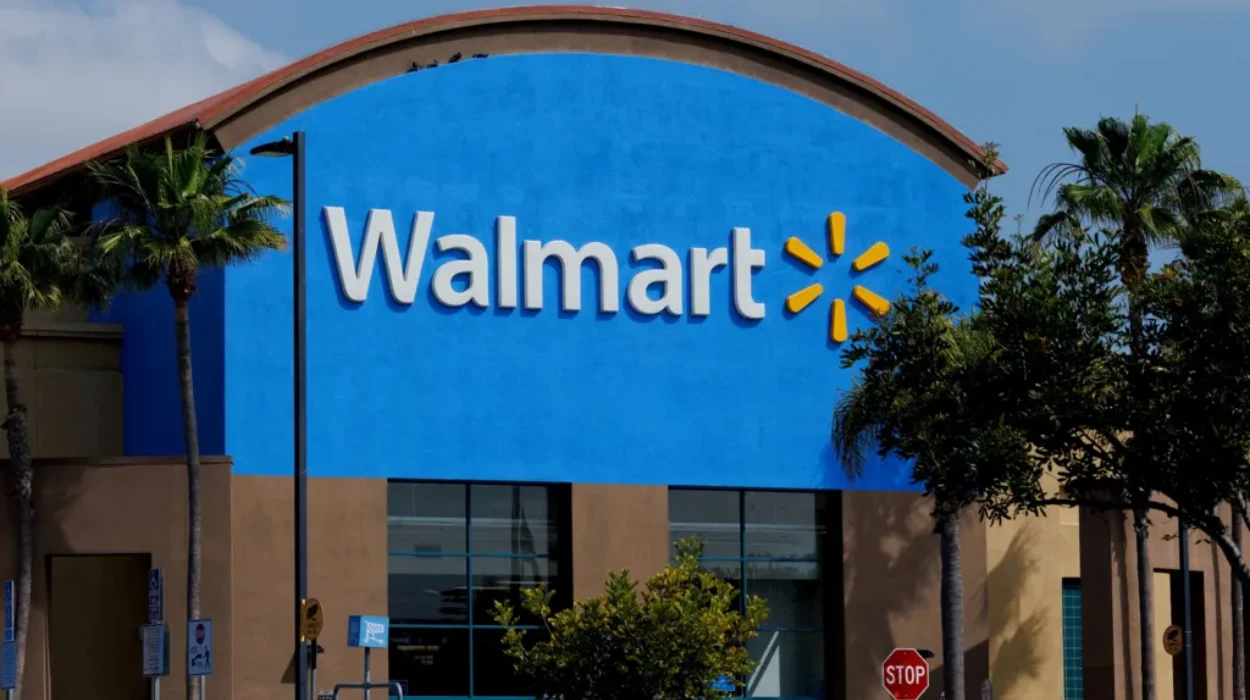United States (Parliament Politics Magazine) – Walmart, the largest private employer in the United States, has paused job offers for candidates requiring H-1B visas following the Trump administration’s imposition of a $100,000 fee per visa application. This move directly responds to the new policy aimed at protecting American jobs but raises concerns about its impact on businesses that rely on skilled foreign workers to fill specialised roles.
Walmart Suspends Hiring of H-1B Visa Workers
In a significant shift reflecting changing US immigration policies, Walmart has stopped recruiting foreign workers who require H-1B visas to work in the country. As reported by Danielle Kaye of the BBC, this pause is a direct reaction to the Trump administration’s recent executive order imposing a $100,000 fee on each H-1B visa application, a measure intended to prevent misuse of the programme and safeguard American labour markets.
The H-1B visa, which allows companies to temporarily employ skilled foreign professionals, predominantly in technology and corporate roles, has been a critical tool for many US employers. Walmart, known primarily for its retail operations, is also one of the largest users of the H-1B programme in the retail sector, with over 2,000 approvals in the first half of 2025, according to government data.
Impact of the $100,000 Visa Fee
The administration of President Donald Trump introduced the fee last month, citing widespread claims of “misuse” of the H-1B programme. This sharp increase from previous costs of a few thousand dollars has unsettled many employers and sparked confusion and frustration among visa holders and businesses alike.
Stephen Ryan, contributing business reporter for the BBC, noted that Walmart’s pause marks a broader hesitation in the corporate sector to engage with the H-1B programme under the new fee structure. While Walmart has not entirely closed the door on H-1B hiring suggesting exceptions in certain circumstances the company emphasises a more cautious and strategic approach given the increased cost and regulatory uncertainty.
Walmart’s Workforce and H-1B Usage
Walmart employs approximately 1.6 million workers across the United States, with the vast majority engaged in frontline retail positions and distribution centres. However, its H-1B visa holders mainly occupy specialised corporate or technical roles within the company.
A Walmart spokesperson told Bloomberg that
“Walmart is committed to hiring and investing in the best talent to serve our customers, while remaining thoughtful about our H-1B hiring approach.”
The pause primarily affects their corporate workforce but represents a larger trend that could influence staffing policies across other sectors reliant on skilled visa holders.
Broader Industry and Legal Responses
The new visa fee has provoked a strong response from business groups, including the US Chamber of Commerce. Neil Bradley, the Chamber’s executive vice president, criticised the fee as cost-prohibitive, especially for startups and smaller firms that depend on foreign talent to grow. The Chamber has taken legal action against the Trump administration, suing over the visa changes and arguing that the programme was designed to help American businesses access international skills without undue hurdles.
Supporters of the fee argue it is a necessary reform to protect American workers, particularly at a time when unemployment and underemployment remain contentious issues. The White House calls this policy “an incremental step towards necessary reforms” of the H-1B programme.
Impact on Skilled Workers and Economy
The H-1B visa programme, established in 1990, historically fills gaps in the US labour market, particularly in technology, academia, and healthcare. Critics say the new fee will disproportionately affect highly skilled foreign professionals, notably from countries like India, which consistently provides the majority of H-1B applicants.
Nathaniel Meyersohn of CNN highlights concerns that the fee risks hurting US companies’ competitiveness and could lead to labour shortages in technical and specialised fields, potentially slowing innovation. Walmart’s decision exemplifies how large employers are recalibrating their talent acquisition strategies in response to new immigration costs.
Walmart’s temporary halt on hiring H-1B visa holders underscores the ripple effects of the Trump administration’s $100,000 visa fee. While designed to curb perceived visa abuse and protect American workers, this policy adjustment has introduced cost burdens and forced major companies to reconsider their hiring plans.
The situation remains dynamic, with potential legal challenges and industry pushback expected to shape the future of H-1B visa policies. Meanwhile, companies like Walmart signal a period of adaptation as they balance investment in top talent with the new financial and regulatory realities.


